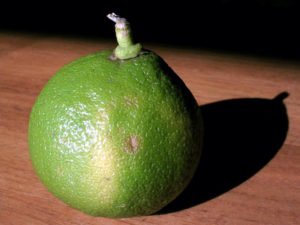
Contents
Uses
Bergamot is used in skin care products such as creams, soaps, perfumes, lotions and suntan oils. It is used for psoriasis as well as an antiseptic against infections and to reduce inflammation. It is also used to treat Mycosis Fungoides, a rare type of skin cancer.
Benefits
Lowers Cholesterol
Studies showed that bergamot lowered the total cholesterol levels in participants as well as the low-density lipoprotein (LDL) levels, which is a major factor for heart disease. It also raised the high-density lipoprotein (HDL) which is good and has protective benefits.
It is thought that bergamot works by blocking the production of cholesterol in the liver. Without cholesterol, the liver may be forced to find cholesterol that is stored in the bloodstream. Bergamot has compounds that are similar to commercial chemicals that are given to lower cholesterol.
Bergamot contains very large amounts of polyphenols. Brutelidin and Metilidin are two that directly inhibit the biosynthesis of cholesterol. Triglyceride levels were also lowered in the participants of these studies.
Skin care
Bergamot is used in many skin care creams.
In the past, psoralen extracted from bergamot oil has been used in tanning accelerators and sunscreens.
Cautions
It increases the skin’s sensitivity to sunlight, so it must not be used along with other medications that increase sensitivity to sunlight. It could cause severe sunburn and rashes and blisters. For anyone using bergamot, it is necessary to wear protective clothing and sunblock if there will be time spent in direct sunlight.
Other Names
Citrus bergamia, the bergamot orange
References
Source: HerbsWisdom, http://www.herbwisdom.com/herb-bergamot-orange.html
Wikipedia, https://en.wikipedia.org/wiki/Bergamot_orange
